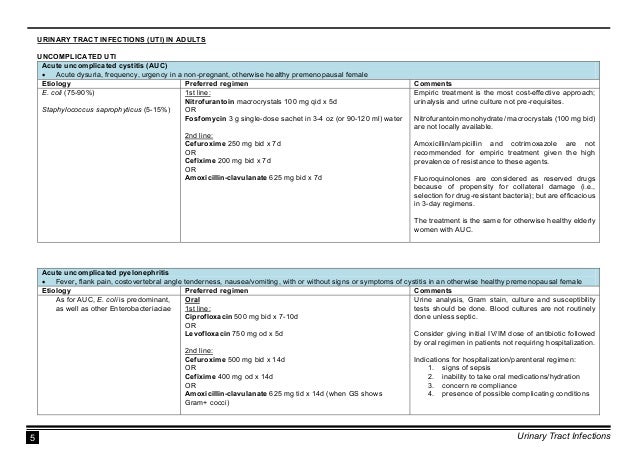Antibiotic In Pregnancy Pdf
The question of whether to prescribe a course of antibiotics to a pregnant woman is a dilemma faced by obstetrics-gynecology (ob-gyn) care providers on a daily basis. In appropriate circumstances-such as the treatment of asymptomatic bacteriuria to prevent ascending infection and pyelonephritis-related adverse pregnancy outcomes-antibiotic therapy can be both effective and life saving. Installing Violin Strings more. As with the administration of other medications, the potential benefits need to be weighed against the risk to the fetus. Some antibiotics are known to be teratogenic and should be avoided entirely during pregnancy. These include streptomycin and kanamycin (which may cause hearing loss) and tetracycline (which can lead to weakening, hypoplasia, and discoloration of long bones and teeth).
How about other antibiotics? Are they safe? Can they be given with impunity? A decade ago, a number of well-designed clinical trials, and systematic reviews concluded that broad-spectrum antibiotics can prolong the latency period (interval to delivery) and improve short-term perinatal outcome in pregnancies complicated by preterm premature rupture of membranes (pPROM) prior to 34 weeks of gestation, but not in women with preterm labor and intact membranes. Seven-year follow-up of the fetuses exposed to these antibiotics was recently published., Reassuringly, broad-spectrum antibiotics given to fetuses in the setting of pPROM were not associated with any long-term disadvantage, although it is concerning to note that the short-term benefits in perinatal outcome described in the original report did not appear to persist to age 7.

